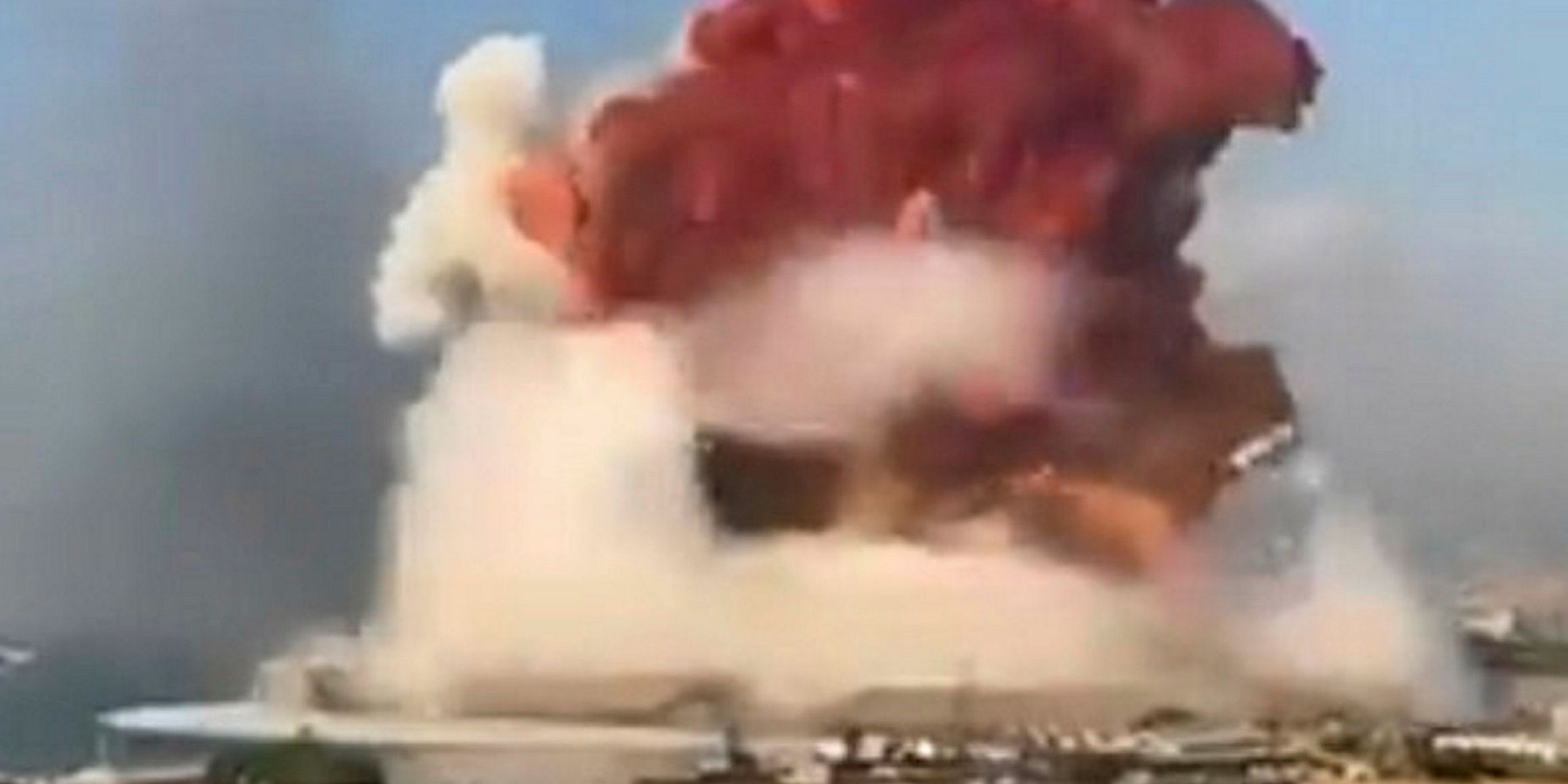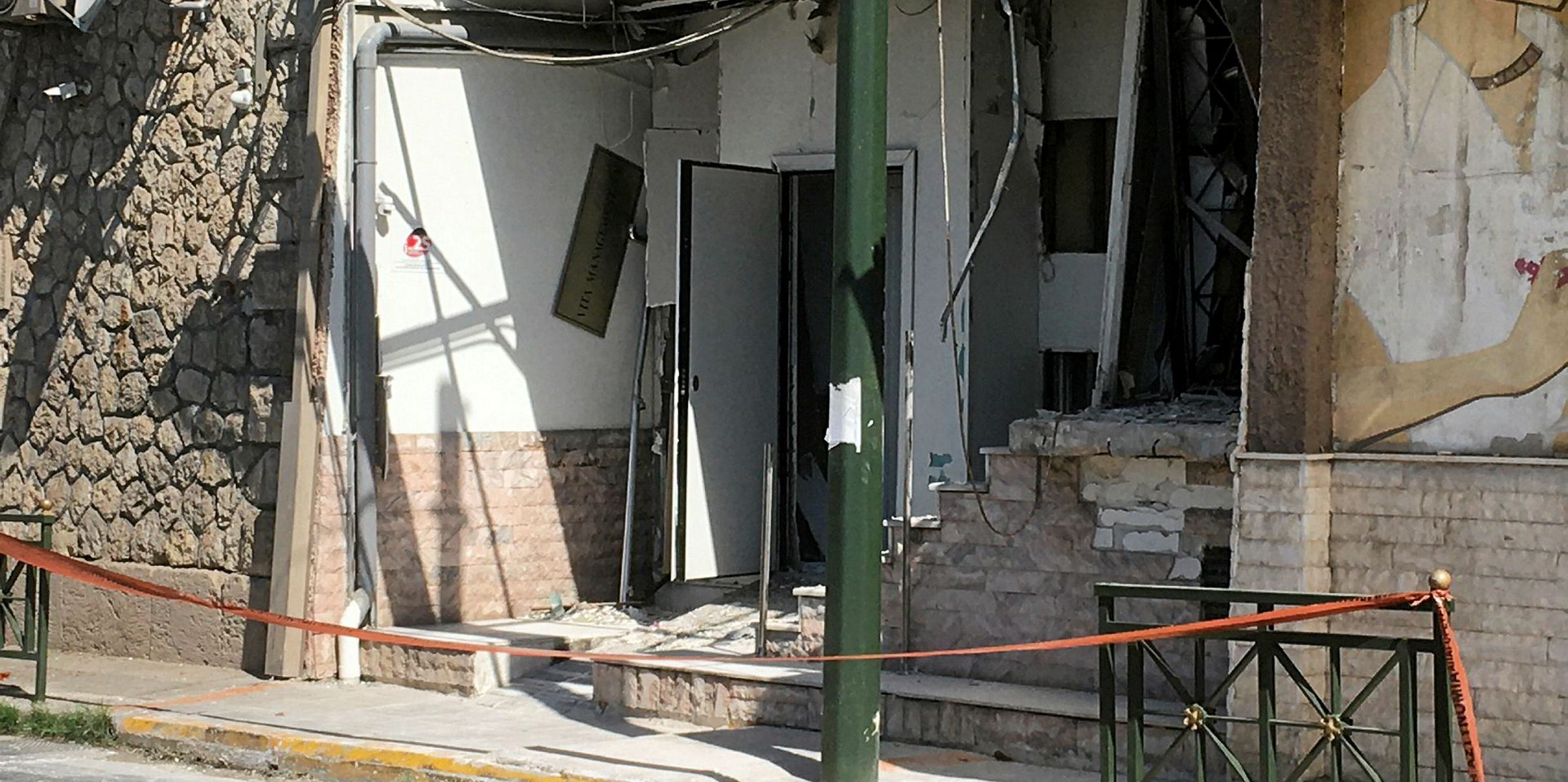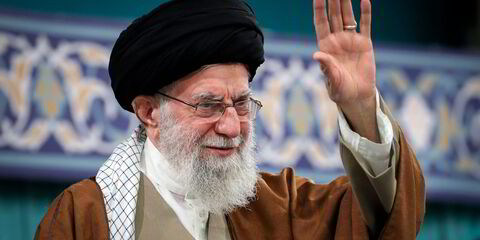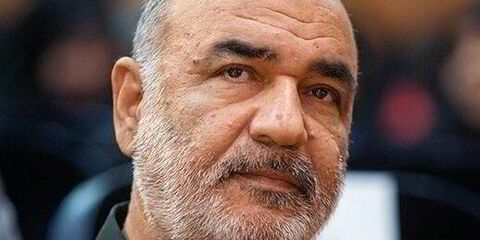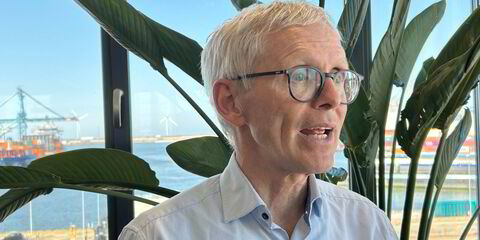Lebanon's capital was shaken by a huge explosion at its port on Tuesday after cargo seized from a ship six years ago exploded, killing at least 100 people.
Latest figures available on Wednesday said 78 people are confirmed dead in the Beirut explosion and more than 4,000 have been injured.
Interior Minister Mohammed Fahmi said in a television interview that the blast was caused by the detonation of more than 2,700 tonnes of ammonium nitrate that had been stored at a warehouse at the docks since 2014 after being confiscated from a ship, the Associated Press reported.
The news wire said the explosion generated seismic waves equivalent to a 3.5 magnitude earthquake.
Global port agency network Gulf Agency Co said the explosion has "destroyed almost everything in the port and the surrounding area up to a radius of 10 km".
Lebanese Prime Minister Hassan Diab said in a statement that those responsible "will pay the price".
"I promise that this catastrophe will not go unpunished and those responsible will be held accountable," he said.
It is still unclear whether the blast was an accident or deliberate, though maritime security consultancy Dryad Global said it was most likely an industrial accident, with nearly all buildings in a 5 km radius destroyed.
Officials told the media there are more bodies under the debris at the port.
The number of injured is said to be overwhelming hospitals, which issued urgent calls for blood donations.
The explosion
The blast happened around 18:00 local time (15:00 GMT).
Videos quickly circulated on social media showing a fire smoking at the berth, which appeared to trigger the massive blast.
Initial reports numbered the dead at 10, rising to 25 and then more in the hours that followed.
The 4,100-dwt general cargo vessel Mero Star (built 1983) or the 6,300-dwt tweendecker Raouf H (built 1985) were the two vessels nearest the source of the explosion at the time of the blast.
Both vessels had recently arrived in Beirut after having called at Mariupol in Ukraine, according to AIS data.
The Sierra Leone-flagged Mero Star is managed by El Reedy Shipping of Egypt and is owned by Delaware-registered company Friends Shipmanagement Inc, according to Equasis.
The Comoros-flagged Raouf H is managed by Lebanese company Cedar Marine Services and owned by Raouf Marin Co SA, according to databases.
TradeWinds has been unable to reach the management companies for comment.
Dryad reported that three tugs are also believed to have been in close proximity to the explosion, but the status of the vessels is currently unknown.
AIS data shows eight vessels were berthed at Beirut's Mar Mikhael dock area on Tuesday evening.
Only two vessels — the Fairmont Shipping Canada-managed 2,794-dwt vehicle carrier City of Rome (built 1999) and CMA CGM’s 11,388-teu CMA CGM Lyra (built 2011) — continued to transmit AIS signals on Wednesday morning.
Al Jazeerah News reported that Abou Merhi Cruises’ 7,500-gt cruiseship Orient Queen (built 1989) was badly damaged and several crew were injured.
Photos show the ship afloat but listing against a dock directly opposite the epicentre of the blast.
TradeWinds has reached out to Abou Mehri Cruises for comment.
The United Nations Interim Force in Lebanon said that peacekeepers with Maritime Task Force, whose vessels are docked at the port, were wounded
The blast comes at a difficult time for Lebanon, which is dealing with the Covid-19 outbreak along with an economic crisis that has seen the cost of basic necessities skyrocket, touching off protests.
Tensions are high in the country as a verdict in the trial over the 2005 car bomb that killed an ex-prime minister is expected on Friday in the Netherlands.
